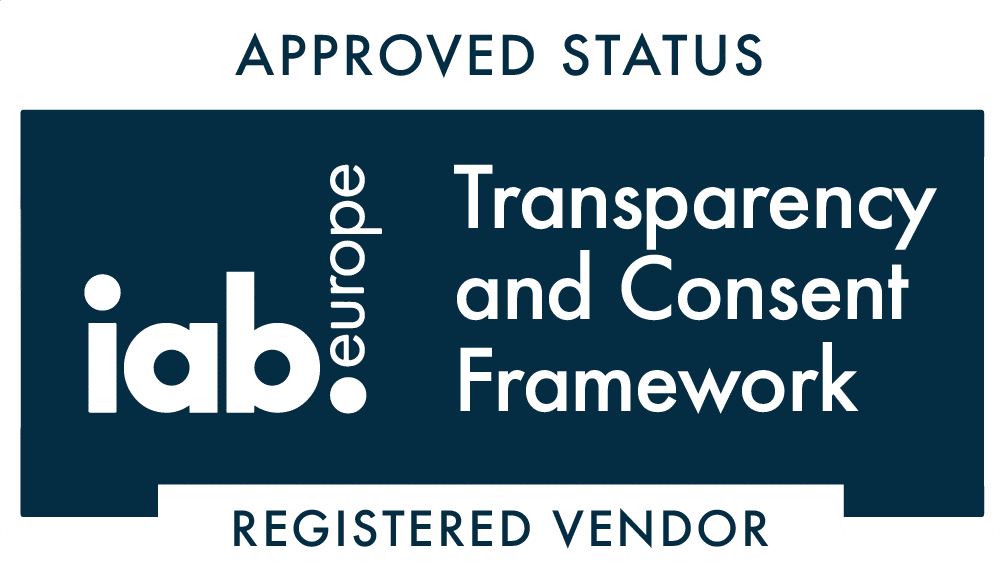Whilst AdSense is Google’s best known website monetization product, many larger publishers will use Google Ad Manager. Google Ad Manager is a hosted ad server that manages your ad inventory and orders and helps you maximise your earnings. The standard version is free for up to 90 million impressions per month, and there is a premium version, known as Google Ad Manager 360, for larger publishers with more than 90 million monthly impressions.
This post was updated in September 2019.
What is an ad server?
An ad server simply sits between the user and your ad inventory and serves the “best” ad for each impression based on the rules that you give it. A simple example would be if you wanted to serve AdSense to most of your users, but a different network to users in a particular country. Once ad server tags are in place, you can set rules easily from the dashboard without editing code.
What ad servers are not
Ad servers need ads to serve, they do not pay you for impressions directly. That means you can use Google Ad Manager with AdSense, but it doesn’t replace AdSense unless you are planning to sell all your ad inventory elsewhere.
Why use an ad server?
The most common reason to use an ad server is to serve ads from multiple sources. If you work with more than one network, or if you sell some advertising directly, an Ad Server gives you an efficient way to manage that inventory and maximise your yield (the total amount you earn across all sources).
There are other reason though. You can also use an ad server to manage your house advertising and direct people to more profitable parts of your website in smarter ways. We work with a number of sites using Google Ad Manager to determine when not to serve ads as part of their policy compliance efforts.
Why use Google Ad Manager?
Google Ad Manager is one of a small number of great, free ad servers available. Unlike its rivals, Google Ad Manager has a trick up its sleeve that offers a big advantage to AdSense publishers. Google Ad Manager is an integral part of the Google Advertising eco-system and works in unison with AdSense. That unison includes having access to the results of the real-time auction that happens for every AdSense advert that you serve.
In real terms that means smarter ad serving. If you have a fixed price advert and AdSense both competing for the same impression, the highest paying one will always win. Done well this can even push up AdSense CPCs as advertisers are forced to pay closer to their maximum in order to get their ad seen.
Should I use it?
Just adding Google Ad Manager to an all AdSense set up will, by itself, probably not bring any benefit. If, however, you can answer “yes” to any of the following then it is probably worth looking at more closely:
- Do you sell any advertising directly?
- Do you work with more than one network or another ad buyer?
- Do you intend to implement Header Bidding?
- Do you want to upgrade to Ad Exchange?
- Are some parts of your audience more valuable than others?
- Are you sometimes selling clicks for less than they are worth to you in promoting your own content?
- Do you need more control over when ads are shown and who they are shown to?
Answer “yes” to just one of those points and Google Ad Manager might be worth implementing. It’s also worth noting that if you answer “no” to the first two questions and run anything but a very quiet website you might want to be addressing those issues too.






